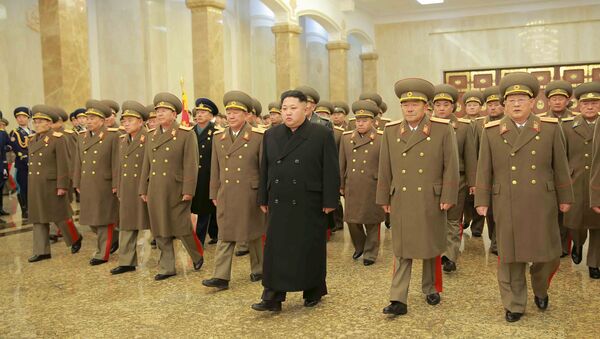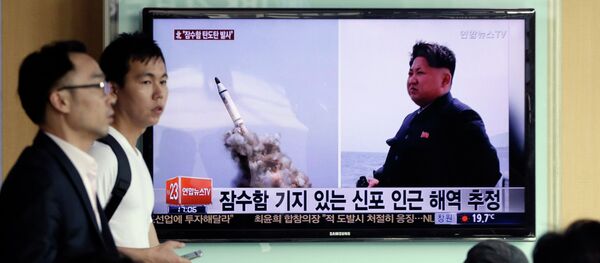Earlier today, South Korean media reported that a strong earthquake occurred in North Korea near the Phungeri nuclear test site in Yangkang Province. Later, Pyongyang said in an official statement that North Korea had successfully tested a hydrogen bomb.
This was a wrong move for North Korea, as Pyongyang's action might have enraged China with whom which North Korea has been seeking to improve relations for the past few years.
"Tests have done great damage to Sino-North Korean relations," Lankov, who's an expert in East Asian politics, said.
China has already voiced its disapproval of North Korea's test of a hydrogen bomb.
Hua said that Beijing has called on Pyongyang to act in accordance with its obligations in the area of nuclear non-proliferation.
The Chinese government might even avoid harsh public statements condemning Pyongyang, but next thing you know Beijing would suddenly need to replace several bolts in oil pipelines leading to North Korea or find an unknown toxic substance in products destined to North Korea, Lankov said, hinting how the Chinese could punish Pyongyang.
"Currently, many top officials within the Chinese government don't particularly like North Korea, but the Chinese strategic interests demand a stable split on the Korean peninsula," Lankov explained.
If good relations with China are so important to North Korea, then why did Pyongyang decide to test a hydrogen bomb, making Beijing angry? Lankov suggested that it could have happened due to the lack of coordination between the North Korean military and its diplomats.
A few times in the past, the military carried out tests which set back the work of North Korean diplomats. For example in February 2012, Pyongyang signed an important agreement with the United States about the delivery of some food supplies into North Korea. However, Washington scrapped the deal two weeks later after the North Korean military tested one of its nuclear missiles, Lankov reminded.



